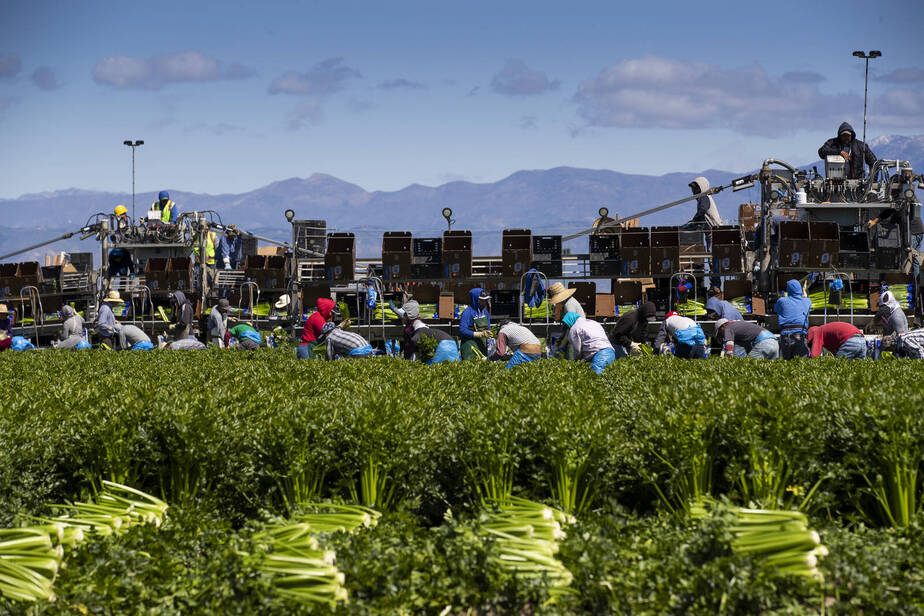India deploying precision agriculture to boost food production

The world today is rich in data, giving us deep insights into social and environmental challenges. We now know that current farming practices in India are increasingly unsustainable, consuming 85 percent of our freshwater resources and accounting for 20 percent of the country’s greenhouse gas (GHG) emissions.
With collapsing soil fertility and rising population, India may face a 42 million MT shortfall of fresh fruits and vegetables within a decade. Using our finite resources judiciously, how can we sustainably increase our food production capacities?
Over the past five years, investment in agritech solutions addressing these social and environmental challenges has surged.
Today, the Indian agritech ecosystem has deep engagement from accelerators, venture capital firms, impact investors, large domestic corporates, MNCs, and public sector institutions. Between, 2014 and 2019, India saw 38 investments in precision agriculture, which focused on increasing farmer profitability and sustainability, making this one of the top five agritech investment themes.
The Green Revolution legacy playbook for Indian farming has very little to offer for dealing with collapsing water tables, decreasing soil fertility, erratic rainfall, and rising temperatures. With increasing capital availability, more and more precision agriculture start-ups are working to solve climate challenges, especially targeted solutions to optimize use of scarce resources while helping farmers improve their profit margins.
Precision agriculture, like all farming, starts with the soil. Soil health in India is terribly neglected, with government and private labs failing to have any real impact. Soil samples are usually collected via a grid system, a flawed approach given Indian landholding patterns. Due to small farm sizes, an area spread across even a few hectares can have significantly varied soil health.
Moreover, test results can take anywhere from weeks to months to reach farmers, often only arriving after fields have already been sowed. It should be of little surprise that an estimated 5.3 billion MT of soil is degraded each year due to incorrect fertilisation.
Precision agriculture technologies, like rapid targeted soil testing, deliver quick results, help farmers understand farm-specific soil nutrition requirements, and accurately determine the required quantum of fertiliser, thereby optimising resource utilisation.
However, for precision agriculture innovators to rewrite age-old agricultural practices, access to technology is key for effective adoption. With increasingly ubiquitous 4G connectivity and cheaper cloud computing, agritech startups can now build rich multidimensional datasets for improving predictive analysis on farms.
Furthermore, rising smart phones penetration has empowered farmers to access on-farm sensors that can reveal deep insights about microclimate and other field conditions. Steady adoption of such technology-aided farming has shown significant reduction in pesticide and water usage, and increased yields and profits.
This is a testament to the immense potential precision agriculture technologies in the crusade against climate change. While precision agriculture startups have caught investors’ attention over the past five years, greenhouse (including polyhouse and nethouse) farming has been a part of Indian agriculture for over two decades now.
We already have significant horticulture production in peri-urban areas, which is rapidly converting to protected cultivation using Controlled Environment Agriculture (CEA) technologies to manage heat, humidity, ventilation, and sunlight. CEA ensures that biotic and abiotic risks to crops are mitigated, and can work across a wide range of fruits and vegetables.
As climate change gets more pronounced over time, CEA greenhouses will be critical to ensure the viability of horticulture production in India.
Clearly, climate change is going to be a transformative force in Indian agriculture. India is among the top 10 countries in the climate vulnerability index and is already grappling with challenges such as rising temperatures, erratic precipitation, and extreme weather events.
